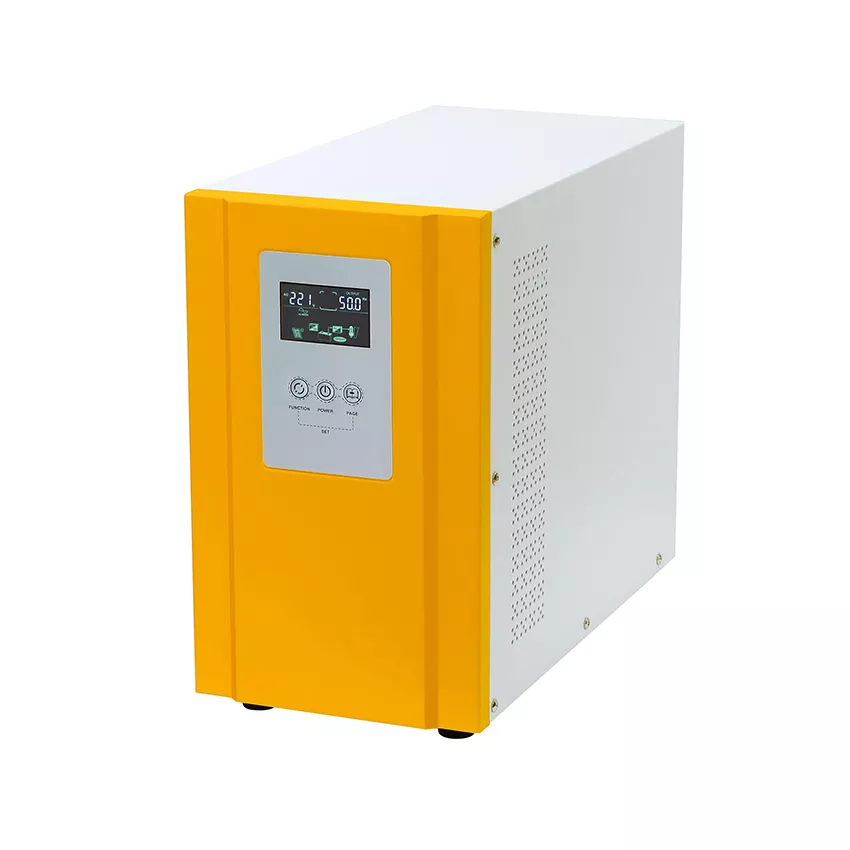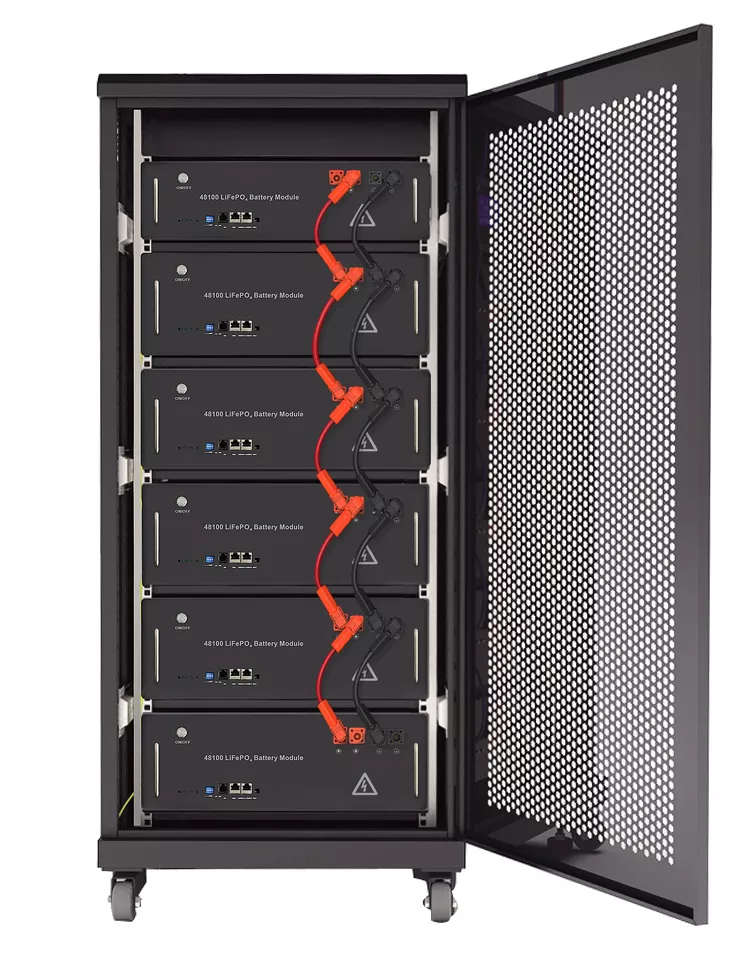A reader asks why she has been warned not to run an electric kettle during load shedding, despite installing solar power. ARTHUR GOLDSTUCK has good news and not-so-good.
Q: Why can’t solar power my kettle? Solar Projects

A: It can. The issue is not so much one of running an electric kettle on solar power, but of how much capacity you have and when you run the kettle.
The typical solar installation in South Africa comes with a battery that, again typically, has a 5kW capacity. The typical appliance in South Africa requires 1Kw, while anything that is designed to generate heat will have a much higher demand. As a result, you can run typical appliances on what are known as portable power stations, that offer between 1 and 2kw power, but not a hair-dryer (around 1,8kw), kettle (1.5-2kw) or an oven (up to 5kw). Bear in mind, again, that word “typical”. Your appliances may differ, your needs may differ. And there’s nothing wrong with being “typical” in this context.
A fairly basic set of 8 solar panels should produce between 2kw and 4kw of power in the middle of the day, depending on the panels, and will readily fill a 5kw battery, meaning you have enough power during the day and enough capacity in the battery at night to run that hair-dryer or kettle, but not enough for a long session at the oven. In other words, solar power can directly power the kettle while the sun is shining, and the battery can do it at night.

120 Watt Solar Panel The reality is that, while it is power-hungry, a kettle doesn’t run for long. On the other hand, the rated power of a solar panel does not give you its exact output, as that depends on perfect conditions. So, if you think you have just enough capacity for just the right wattage of kettle, you’re probably wrong. You will need significant leeway, and for that reason people are often advised to avoid any form of heating up via electricity from solar. If you’ve gone large, though, on both panels and batteries, keep boiling away.